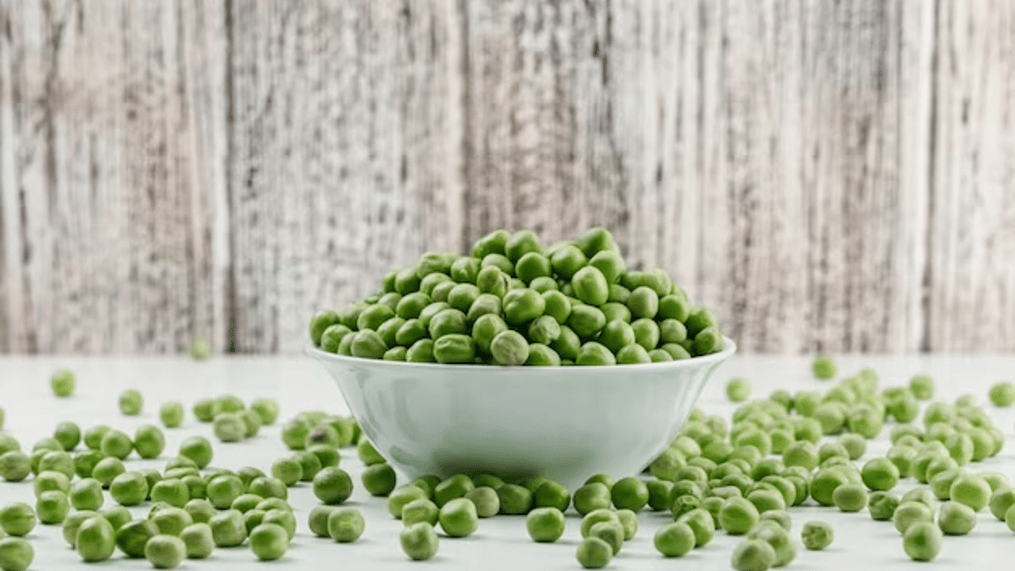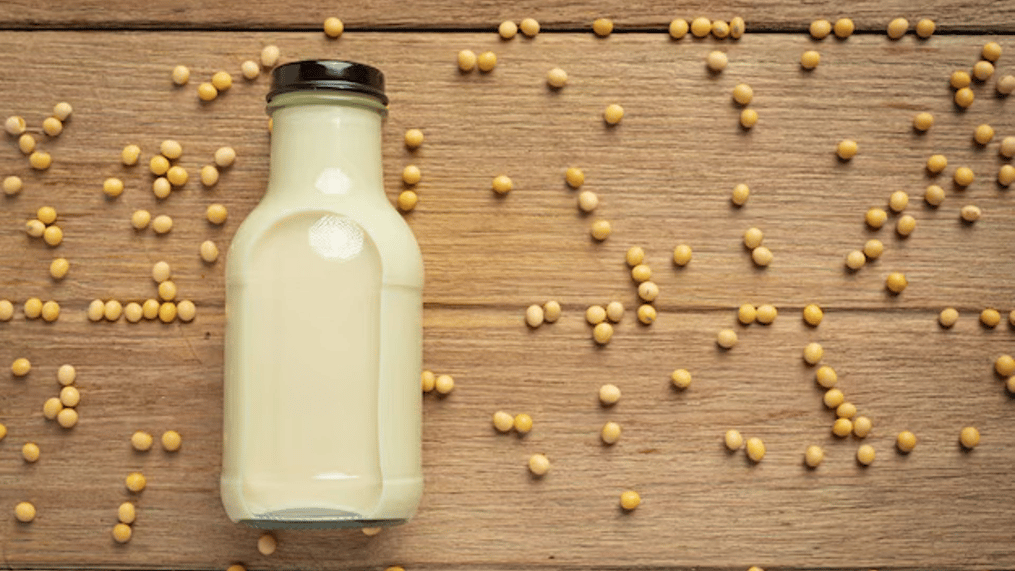- Beans
- Eggs
- Fish
- Nuts
- Chicken
- Peas
- Tofu
- Seeds
- Plant based
It is very important to make sure that your children are eating a proper balanced diet for their growth and development. Although all the nutrients are important for a child’s correct development, one essential component is protein, and you must be wondering if your child is getting enough. But not to worry, most of the children easily get the required protein through a normal diet.
Protein is an important nutrient that helps build tissues and cells in the body as well as repair them. It gives energy to the body and this nutrient plays a major role in the rapid growth and development of children. Protein rich foods have amino acids, that are building blocks for bones, muscles, cartilage, and help in increasing stamina as well. If your child is consuming a proper balanced diet which contains protein rich foods, they are likely to meet their daily needs of protein.
Protein deficiency is very rare, but it is still important for your child to get the required amount of protein. If your child is a picky eater, finding creative ways to incorporate protein-rich foods into their preferred foods can help increase their intake.
Protein Rich Foods To Increase Stamina in Kids
Consuming foods rich in protein provides children with the amino acids they need for healthy bones, muscles, cartilage and builds up their stamina. Eating a variety of protein-rich foods can help provide the essential amino acids the body needs.
1. Beans
Beans are an excellent source of protein for kids. Beans have plenty of protein to support growing children. They can be served in stews, on salads, or mashed into dips.
2. Eggs

Eggs can be scrambled, fried, poached, or boiled for a quick and nutritious breakfast. The protein in eggs helps kids build strong muscles.
3. Fish
Fish like Mackerel and sardines have lots of protein per serving. These fish can be grilled, baked, or added to tacos or salads.
4. Nuts
Almonds, walnuts, and peanuts make a crunchy, protein-packed snack. Sprinkle nuts on oatmeal or yogurt for extra protein and healthy fats.
5. Chicken
Chicken is packed with protein that helps in kids’ growth. Grilling, baking or sautéing meat gives a hit of protein.
6. Peas

Peas are a protein-rich veggie kids love. Green peas can be served on their own, in casseroles, or mixed into rice dishes.
7. Tofu

Tofu is a versatile soy-based protein source. Scramble tofu for breakfast, add to stir-fries, or blend into smoothies.
8. Seeds
Seeds like pumpkin, sunflower, and chia are protein powerhouses. Sprinkle seeds onto salads, cereals and yogurts. Their protein keeps kids full and focused.
9. Plant based
Soy milk provide protein from plants, quinoa provides protein and contain essential amino acids like carbohydrates fiber and iron, lentils contain protein, fiber and carbohydrates and nuts and seeds like almond, walnuts, chia seeds, flaxseeds and pumpkin seeds. and healthy fats. These plant-based foods provided kids with much-needed stamina.
Powerful Protein
Protein makes up the muscle fiber of the body, which allows movement and function. But protein is present in all the body's cells, in the form of amino acids. Proteins are very important structural components, providing shape and support to the cells and organs. Collagen is a protein that provides structure to skin, bones, and other connective tissues. Protein is the basic component of all the biological processes in our bodies.
How Much Protein Do Kids Need
A child's protein needs depend on their age and weight. Children up to age 3 get 150 gm of protein daily. From ages 4-8, they need 150-200 gm per day. For ages 9-13, the recommendation rises to 150-300 gm of protein each day. These amounts are the same for both boys and girls until around age 14.
As in the teenage phase, boys tend to gain more muscle mass and weigh more than girls as they go through puberty. So, for ages 14-18, teen boys should consume up to 300 gm of protein daily, while teen girls need up to 200 gm. Factors like activity level, metabolism, diet restrictions, and health conditions can all impact ideal protein intake.
Protein Rich Balanced Diet
Proper nutrition is important for your child's growth and development. While protein is essential, kids only need 10-30% of their calories from protein. Offer your child a variety of healthy foods over the course of a week to ensure they get all the nutrients they need. Appetites fluctuate naturally in kids, so let them listen to their bodies. Forcing kids to clean their plate can undermine their ability to self-regulate food intake.
With a balanced diet, most kids easily get enough protein. The key is offering a variety of healthy foods over time, not obsessively tracking protein at each meal. The result will be a healthy, well-nourished child.
Her love for storytelling began with reading her grandfather’s speeches, where Tarishi saw the power of words in creating lasting memories. Combining her passions for food and writing, she has turned her life into a fulfilling path of sharing stories that celebrate flavours and how food brings communities together.
The views expressed are that of the expert alone.
The information provided in this content is for informational purposes only and should not be considered a substitute for professional medical advice, diagnosis, or treatment. Always seek the advice of your physician or another qualified healthcare provider before making any significant changes to your diet, exercise, or medication routines.
References
https://pib.gov.in/newsite/PrintRelease.aspx?relid=116953
https://iapindia.org/pdf/Ch-044-Nutrition-5-12-y-IAP-Parental-Guidelines-28112021.pdf
https://www.betterhealth.vic.gov.au/health/healthyliving/protein
















